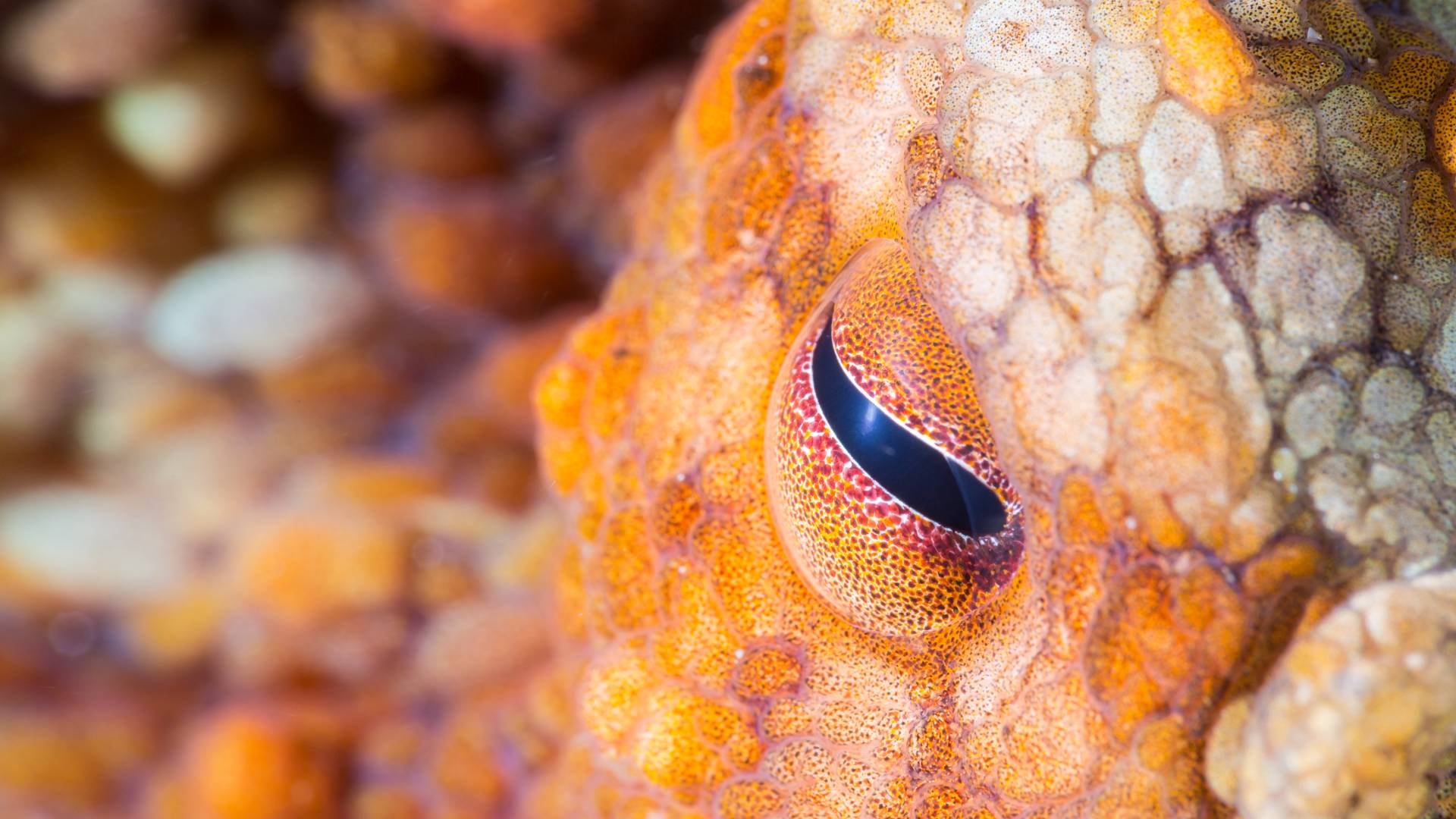Physicians Committee Comments on Important Cephalopod Guidance

Proposed guidance from the National Institutes of Health (NIH) on the care and use of cephalopods—octopus, squid, and cuttlefish—does not address the policy gaps that leave these animals unprotected in federally funded research.
In a public comment period that closed just before the holidays, the NIH sought input on a new policy that would, for the very first time, require researchers who use cephalopods to obtain approval from animal welfare oversight bodies called Institutional Animal Care and Use Committees (IACUCs).
In response, Physicians Committee experts pointed out several weaknesses in the proposed guidance. Although IACUCs theoretically play an important role in animal research accountability, in practice, they can be critically flawed at evaluating animal use rationale and welfare measures: 1) they are mostly composed of stakeholders with vested interests in continuing animal research; 2) they frequently fail to consider topics required by the Public Health Service Policy on Humane Care and Use of Laboratory Animals, like alternatives to animal use or painful or distressful procedures; and 3) they are often criticized for “rubber stamping” rather than providing legitimate oversight and judgment calls.
Vertebrate animals (those with backbones) are afforded important protections beyond the scope of IACUCs. Institutions where vertebrate research is conducted must obtain special permits calls Animal Welfare Assurances. They are also required to conduct semiannual evaluations of animal research programs and facilities, and report policy noncompliances to the NIH.
Ultimately, though, the NIH should be phasing out ineffective animal research. As many as 100 million animals are used in U.S. laboratories each year, contributing to clinical trial failures and wasteful federal expenditure on research. As the NIH seeks to reduce its reliance on animals and improve the applicability of medical research to humans, the agency should redirect funds for cephalopod research toward projects with more human-relevant approaches.








